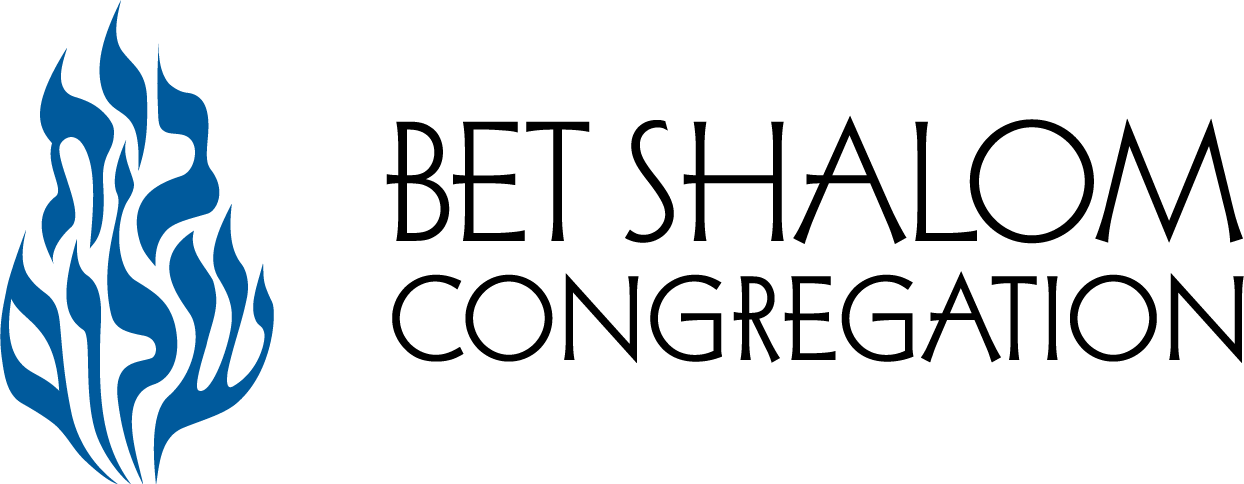From Minnesota to Cuba: A Glimpse Through Rabbi Locketz’s Eyes
By Rabbi Locketz
We have been traveling in Cuba on a Bet Shalom Humanitarian mission since Sunday morning when 15 Bet Shalomians left Minneapolis together. It has already been an amazing trip. Just 90 miles from Florida, we are in so many ways, in another world. Cuba is a socialist country, defined by the revolution since 1959 and its Communist Party. Everywhere we go we see images of Ernesto “Che” Guevara and the Castro brothers. We hear the official propaganda, yet we also know that only six percent of the population in Cuba identifies with the ruling Communist Party. As we struggle with the question of whether these people (Castro and Che) were heroes for Cuba or not, so do the people of Cuba. Perhaps they were better than Battista who the revolution ran out of power. But what about now?
Cuba is strikingly beautiful. And crumbling. Everywhere you look you can see incredible architecture and extraordinary buildings behind a facade of 70 years of decay. There is no graffiti here because Cubans have no access to spray paint. Or much paint of any sort. Three doors down from the four-star Spanish Chain hotel where we are staying in Cienfuegos is a “ration store” where Cubans collect their monthly stipend of rice, beans and chicken. And if you are under seven, or over 70, then you also can receive powdered milk. While at times, the situation seems dire, all of the Cubans we have met are content. Happy. Perhaps a conversation for another day might be to understand a reasonable measure for happiness. It seems Americans work harder, and for longer hours, to provide for our basic needs. As one Cuban who makes $25 a month for his work (no zeros missing there and it indeed provides for basic needs) told us, “The government pretends to pay us and we pretend to work.”
While in Cuba, we have been visiting the Jewish community. We visited three synagogues in Havana, one in Santa Clara and one in Cienfuegos. Even though 90% of the Jews left Cuba after the revolution, the country still maintains more than these five synagogues. A sixth one is in Santiago which is too far to travel in our short time here. The roads are in such disrepair, we are told it would take more than 15 hours to drive there. When the national highway system was built in the 70’s and 80’s, much of the Russian subsidies were pocketed and so in place what should have been a bona fide freeway is a one lane rode in both directions.
Most of Cuba’s 1200 Jews today live in Havana. There are two Conservative temples and one Orthodox. And their struggles are not entirely different than those of the Jewish community. They have all the typical challenges of educating their community and keeping people engaged. We have brought more than 250 pounds of needed medicine and supplies to these communities along with hundreds of dollars of tzedakah. Yet we too have also received a great deal.
Today in Santa Clara, David Tacher, the leader of the 25 member Sephardic Jewish community there shared a Russian parable with us. His community has a building with a small sanctuary, two Torah scrolls even though no one knows how to chant from them, and a whole lot of spirit. The parable is of a small village with a famous watch maker. This watch maker was prolific in his watch making and everyone in town had a beautiful time piece on their wrist. But at some point, the watch maker moved away. And over time, those watches fell into disrepair. Some people discarded their watches. Others took them off, but placed them in some forgotten drawer or cupboard. And yet others continued to wear their watches even though they no longer worked and they didn’t know how to tell time with them. And then one day a new watch maker moved to town. And all of a sudden everyone scrambled to have their watches repaired. David Tacher compared his 25 person community to those who kept their watches ready even though they didn’t know enough about how to use them as they would have liked. And we have come through town like a watch maker who could help them keep time even for just a little bit.
As we have given them hope…hope in connection with other Jews…hope that they have not been forgotten…they have given us strength too…That a pintel a yid – a Jewish spark in the heart is not easily extinguished. And as David reminded us…sometimes you just need to breathe. In this far away place which isn’t so far away, for just a few minutes, we all breathed together as one people – Am Yisrael. I look forward to sharing more of our adventure sometime soon after we return home to Bet Shalom strengthened, inspired, and full of hope.
